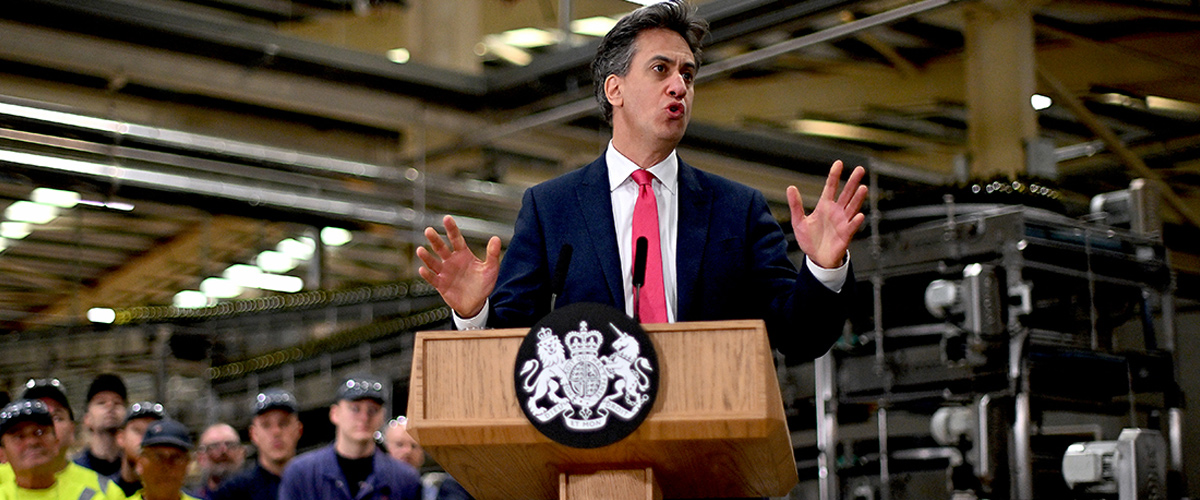It is official: Britain can’t afford net zero

One of the biggest problems with the way successive governments have tried to sell net zero has been with the idea that it is going to save us money.
It isn’t that it couldn’t save us money. Some costs, such as the almost £10bn a year the OBR forecasts for investments such as updating the grid, are unavoidable. But in theory, the long-term savings from a transition to nuclear could be very substantial.
Two issues arise, however. The first is whether Britain is going about net zero in the right way to unlock those savings; as I have written before, it is not.
But the second problem actually has nothing to do with net zero per se. It is whether or not it is remotely plausible that the Government would be prepared to actually let us keep the savings from a transition to new technologies which it currently taxes less.
That’s the main question highlighted by the latest OBR report, which forecasts that the push for net zero is going to cost the UK some £800bn, or £30bn every year until 2051. For the next few years, the bulk of that annual cost is investments; from the mid-2030s, however, lost tax receipts take over as the larger factor.
On the face of it, that’s the pattern you’d expect: any infrastructure project is essentially a big up-front capital expenditure with, ideally, a long and profitable (or bill-reducing) payoff.
And it’s worth noting that OBR forecasts can and do change depending on what the Government does; it has actually reduced its projected cost of net zero as successive governments have held back on increasing fuel duty, one of the biggest revenue losses.
Nonetheless, the problem is obvious. It is very easy for politicians to lavish certain technologies with subsidies and lower consumer taxes; it does not follow that either subsidy or tax breaks will be kept in place once the transition is over and the state is scrambling around for cash.
Britain’s demographic crisis and unreformed welfare state mean that spending is forecast to go up and up for decades. The 50-year projections for just NHS, social care, and pension spending push tax to well above 40 per cent of GDP. That money has to come from us, one way or another. This is disastrous for our economy.
So whilst net zero might be good for the planet, it is extremely unlikely that any version of it will save taxpayers money in the long run – not because it couldn’t, but because our spendthrift state can’t afford to let it.
